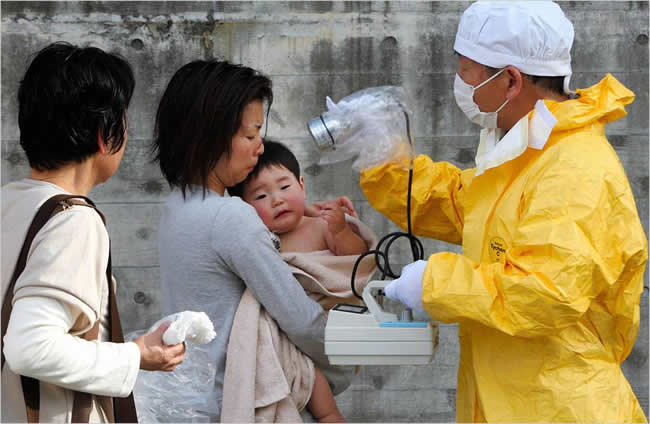What the show got right
posted by Michael on 5th Nov 2010
Sandbag was invited to join a panel debate last night screened on Channel 4, following the broadcast of it's documentary 'What the Greens got wrong'.
This had caused a storm even before being broadcast, with one interviewee backing away from his contribution and the main green NGOs featured complaining that they had not even been invited for an interview during production. So much of the debate, as you would expect, was spent defending reputations. Greenpeace's Doug Parr and FOE's Craig Bennett landed some spirited jabs to defend their respective organisations.
Rightly so. A 'What the Green's got right' would perhaps have needed a whole series, not a single show. Luckily the documentary was not a loud "Ha-ha! Green crazies admit they were wrong", as it could easily have been given C4's patchy record on environmental issues, and the anti-Greens amazing ability to turn the facts on their head. The diverse and eclectic 'Green movement' can name some of the century's most passionate, selfless and ultimately foresighted people amongst its ranks. As the documentary showed there have been many successes that we all benefit from. And yes some alarms were sounded without good reason, some perhaps simply too early to be taken seriously.
Yet the larger theme of 'What the Greens got wrong' struck a chord. Not about nuclear energy or GM crops, but about the natural bias towards the 'No' word, the puritanical streak and misanthropy found too often in our ranks. We need whistleblowers, and the 'Greens' have had many. But we also need entrepreneurs. After the 'not this way' MUST come a 'here's a better option'.
Our board member Ed Gillespie co-founded Futerra Sustainability Communications, who put it succinctly: 'Hell doesn't sell'. The negative may sell papers, and boost documentary viewer numbers, but there are very few people who look at at impending catastrophe and feel motivated. Those few who do tend to be Greens, who've mistakenly thought that the rest of the world could be won to their way of seeing things.
The instinctive 'no' of the green movement has been on clear display when it comes to emissions trading. The idea of using the power of markets to protect the earth's ecology is new, radical and full of problems and pitfalls. But we need bold new ideas to move forward. In a crisis all suggested solutions with real potential should be taken seriously. It is clear that a good number of carbon trading's most passionate opponents get their drive not from a reasoned assessment of the pros and cons, but from a raw dislike of capitalism. They are quite simply cheesed off that a system they object to should find a way to adapt to a problem of (perhaps largely) its own making. Shouldn't it rather throw it's hands up 'mea culpa' and humbly beat a retreat?
No one knows for sure if emissions trading can do the job: can it play a key role in decarbonising our economy and building a more hopeful future? Many think it can. As Sandbag's work has shown, the world's largest carbon market - the European ETS - is currently falling woefully short of its potential (Cap or Trap). But to us that's cause for the repair shop not the scrap heap. Big, bold initiatives don't arrive fully formed. They get started and get better as the dirty, real world problems and compromises get worked out. Sandbag is under the hood with our hands covered in grease.
If carbon markets can provide the carrot of opportunity alongside the stick of cost they they will stimulate solutions that no one has yet thought of. This is a promise too good to ignore. Whistleblowing has got to turn into solutions. Viable proposals on the table, please. In 'What the Greens got wrong' Mark Lynas and Stuart Brand were right to highlight the danger of the instinctive no. Let's get busy.
Add comment
Name:
Email address (will not be displayed on our website but we might want to contact you):
Comment:
Friday 12 November 2010
Subscribe to:
Post Comments (Atom)





No comments:
Post a Comment